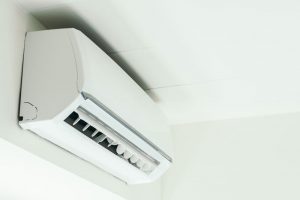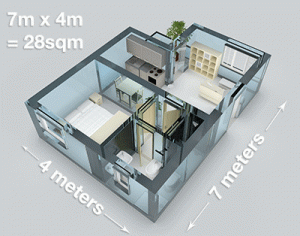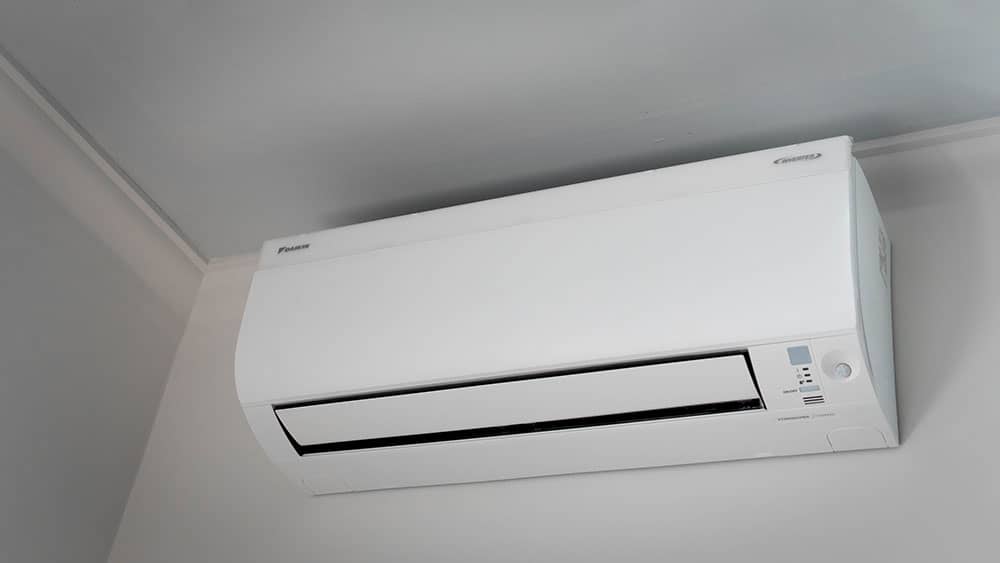Is 2.5 kW Enough for a Bedroom? Exploring the Ideal Power Requirements
Understanding the Importance of Power Requirements for Bedroom Appliances
When setting up our bedrooms, we often focus on aesthetics and comfort. However, an equally important aspect that often goes unnoticed is the power requirements of the various appliances we use. Electrical power plays a crucial role in running devices like air conditioners, heaters, fans, lighting, and electronic gadgets. One common question that arises is whether 2.5 kW is sufficient for a bedroom’s electrical needs. In this article, we will delve into the factors to consider and how to determine the ideal power requirement for your bedroom, ensuring a comfortable and energy-efficient environment.
Calculating the Power Requirement for a Bedroom
Before we assess whether 2.5 kW is enough for a bedroom, let’s understand how to calculate the power requirements. Electrical power is measured in kilowatts (kW) and is the product of voltage (V) and current (A) drawn by an appliance. The formula to calculate power is straightforward: Power (kW) = Voltage (V) × Current (A).
To estimate the total power requirement for your bedroom, follow these steps:
Step 1: List All Appliances and Devices
Make a comprehensive list of all the electrical appliances and devices you plan to use in your bedroom. Common items include air conditioners, heaters, fans, lamps, televisions, laptops, phone chargers, and more.
Step 2: Find the Power Ratings
Check the power ratings of each appliance on their nameplates or in the user manual. The power rating is usually given in watts (W) or kilowatts (kW).
Step 3: Convert Ratings to kW
If the power ratings are given in watts, divide the wattage by 1000 to convert it to kilowatts. For example, an appliance rated at 1000 watts is equal to 1 kW (1000 watts ÷ 1000 = 1 kW).
Step 4: Add Up the Power Requirements
Add all the power requirements of the appliances to get the total power required for your bedroom.

Assessing if 2.5 kW is Enough for Your Bedroom
Now that you know how to calculate power requirements, let’s evaluate whether 2.5 kW is sufficient for your bedroom. The adequacy of 2.5 kW depends on the total power drawn by the appliances in your room. If the sum of power ratings of all devices is below 2.5 kW, then this power capacity should be sufficient.
Here’s a sample scenario:
Air Conditioner: 1.5 kW
Heater: 1 kW
Ceiling Fan: 0.1 kW
LED Lights: 0.05 kW
Laptop Charger: 0.05 kW
Total Power Requirement: 2.75 kW
In this scenario, a 2.5 kW power supply would not be adequate, as the total power requirement exceeds the available capacity. In such cases, a higher power capacity, such as 3 kW or more, would be more suitable.
Considerations for Optimal Power Capacity
While the total power requirement is essential, there are additional considerations that can influence your decision:
1. Future Expansion
Think about possible future additions to your bedroom. If you plan to add more appliances, consider accounting for their power requirements when choosing the power capacity.
2. Energy Efficiency
Opt for energy-efficient appliances to minimize power consumption. Efficient appliances can help you stay within a lower power capacity while reducing your electricity bills.
3. Energy Conservation
Practice energy conservation by turning off devices when not in use. This habit not only reduces power consumption but also extends the life of your appliances. For air conditioner sizes paralowie see here.

4. Backup Power
If power outages are frequent in your area, consider investing in a generator or an uninterruptible power supply (UPS) to ensure continuous power supply during emergencies.
Conclusion
Determining the ideal power requirement for your bedroom is crucial for a comfortable and energy-efficient living space. While 2.5 kW might be sufficient for some bedrooms, it may fall short for others with higher power demands. Calculate the power requirements of all your devices and appliances to ensure you choose the appropriate power capacity. Keep in mind future expansions, energy efficiency, and energy conservation to make an informed decision that caters to your specific needs. By finding the right balance between power capacity and consumption, you can create an environment that is both comfortable and eco-friendly.


